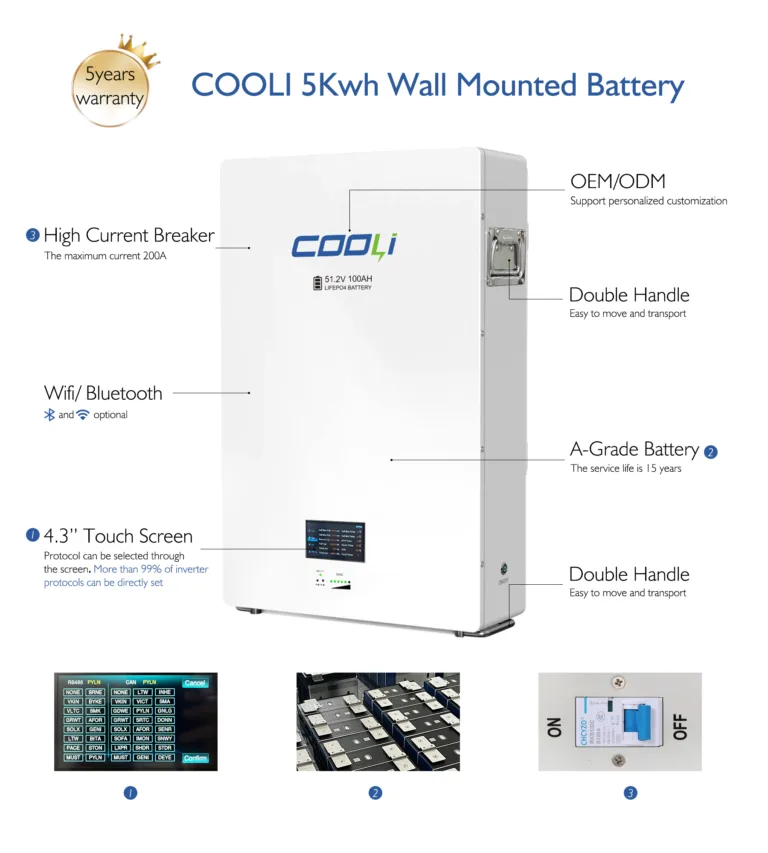A Smart Guide to Energy Storage Batteries for Wholesalers in Kinshasa
Investing in Quality for Long-Term Success
Dear Valued Business Partner,
The market for energy storage batteries in Kinshasa and across the DRC is growing rapidly. As a key wholesaler, you are in a prime position to lead this market. This guide aims to provide a clear understanding of battery basics and a crucial comparison between Lithium and Lead-Acid batteries, empowering you to make informed decisions for a sustainable and profitable business.
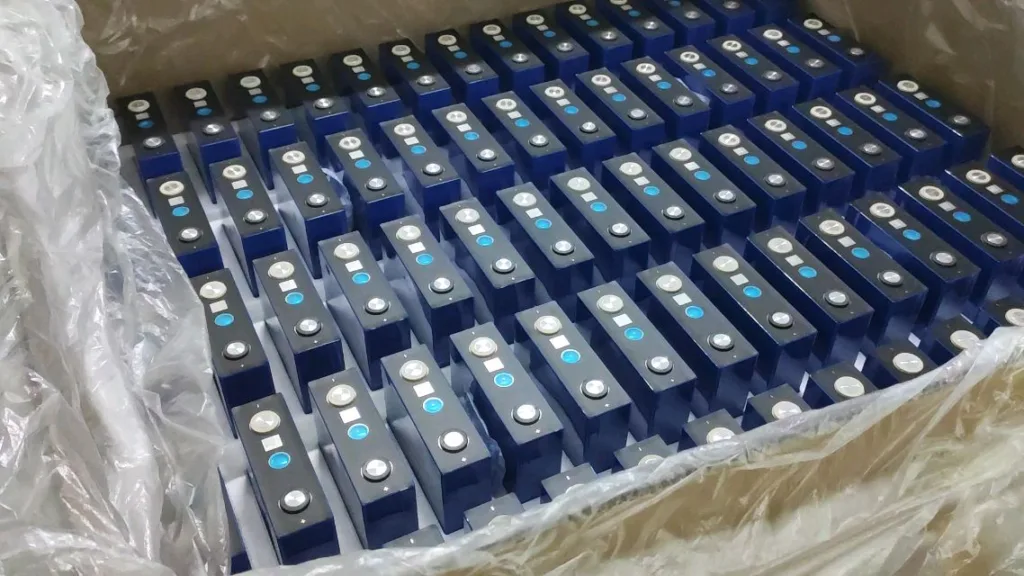
Part 1: Basic Knowledge: What is an Energy Storage Battery?
Think of an energy storage battery as a “power bank” for your home or business, but on a much larger scale. Its primary job is to store electrical energy when it’s available (e.g., from the grid when it’s stable, or from solar panels during the day) and release it when needed (e.g., during power outages, or at night).
For your customers, this means:
- Uninterrupted Power: Running appliances, lights, and machinery during load-shedding.
- Solar Energy Utilization: Storing solar power for 24/7 use.
- Business Continuity: Protecting businesses from losses due to power instability.
Part 2: Battery Comparison: Lithium vs. Lead-Acid – The Price & Quality Reality
Many buyers focus only on the initial purchase price. However, the true cost of a battery is determined by its performance, lifespan, and reliability over time. Here is a clear comparison:
| Feature | Lithium-Ion (LiFePO4) Batteries | Traditional Lead-Acid Batteries |
|---|---|---|
| Initial Price | Higher upfront cost. | Lower upfront cost. This is often the main attraction. |
| Lifespan | Very Long: 2,000 – 6,000 cycles. Can last 5-10 years. | Short: 300 – 1,000 cycles. Typically lasts 1-3 years. |
| Depth of Discharge (DoD) | High (80-90%): You can use most of the stored energy without damaging the battery. | Low (50%): You can only use half the stored energy regularly. Deeper discharge quickly ruins it. |
| Efficiency | High (95-98%): Almost all the energy you put in is available for use. | Low (70-85%): A significant amount of energy is lost as heat. |
| Charging Speed | Very Fast: Can be charged in 1-4 hours. | Slow: Can take 8-12 hours for a full charge. |
| Maintenance | Almost Zero: Sealed and maintenance-free. | Regular Required: You must top up with distilled water and check terminals. |
| Weight & Size | Light & Compact: Much easier and cheaper to transport and install. | Heavy & Bulky: High transport and handling costs. |
The Hidden Truth About “Cheap” Lithium Batteries:
The market is now flooded with low-quality, uncertified lithium batteries. They are cheap for a reason:
- Poor Quality Cells: They use recycled or low-grade cells that fail quickly and can be a safety hazard (fire risk).
- No Battery Management System (BMS): A good BMS is the “brain” that protects the battery. Cheap ones lack this, leading to overcharging, deep discharging, and premature failure.
- Fake Specifications: Their capacity (Ah) and cycle life are often greatly exaggerated.

Part 3: A Crucial Message for Smart Wholesalers: Look Beyond the Price Tag!
Choosing a battery supplier based solely on the lowest price is a short-term strategy that will damage your reputation and profitability in the long run.
Why You Must Prioritize Quality:
- Customer Satisfaction & Repeat Business: A customer who buys a quality battery that works for years will trust you and return. A customer who buys a cheap battery that fails in 6 months will blame you.
- Lower Long-Term Cost: Let’s do simple math:
- Option A (Quality Lithium): You spend $1,000 on a battery that lasts 8 years.
- Option B (Cheap Lithium): You spend $500 on a battery that fails after 2 years. To get the same 8 years of service, you must buy four of these cheap batteries, costing you $2,000! The “cheap” option is actually four times more expensive.
- Build a Trusted Brand: In a growing market like Kinshasa, the wholesalers who provide reliable, long-lasting solutions will become the market leaders. Your brand will be associated with “trust” and “quality,” allowing you to command better prices and build a loyal customer base.
- Safety and Reliability: Low-quality batteries are a safety risk. They can overheat, catch fire, or damage your customers’ expensive equipment like inverters, TVs, and fridges. A reliable, quality-protected battery safeguards your customers and protects you from liability issues.
Your Path to Success:
- Partner with Reputable Suppliers: Choose manufacturers with international certifications.
- Ask for Technical Details: Inquire about the cell brand, the BMS features, and the warranty terms.
- Think in “Cost-Per-Cycle”: The best value is not the lowest price, but the lowest cost over the battery’s entire lifespan.

By educating yourself and your customers, you move from being just a seller to becoming a power solutions expert. This is the key to building a business that not only survives but thrives in the exciting future of Kinshasa’s energy market.
Thank you for your commitment to quality and progress.
Best regards,
Powering Kinshasa’s Future, Reliably

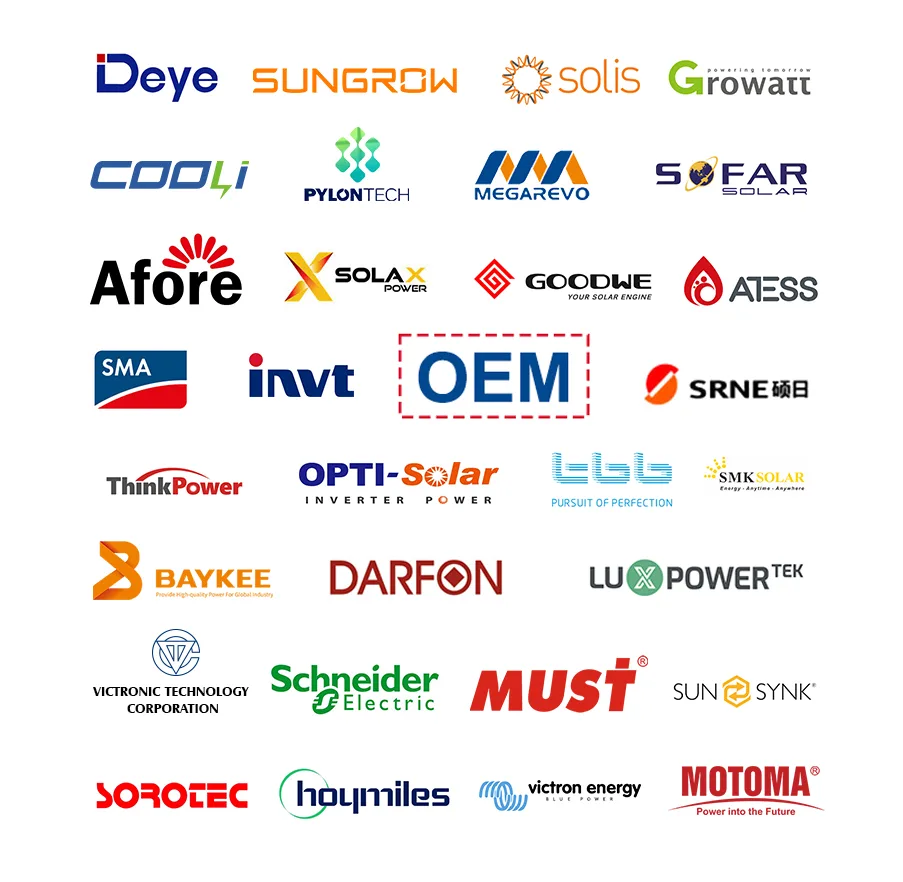
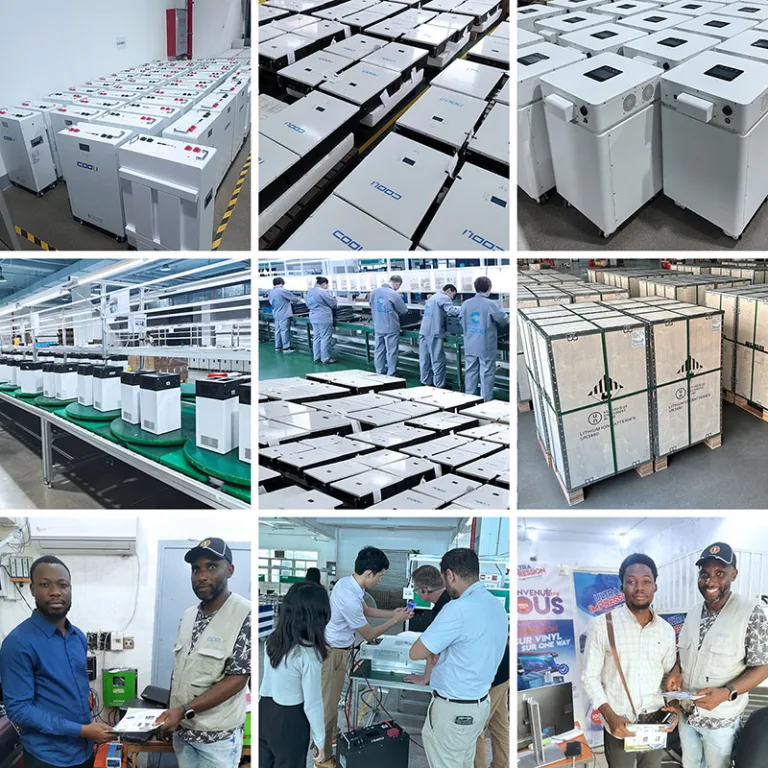
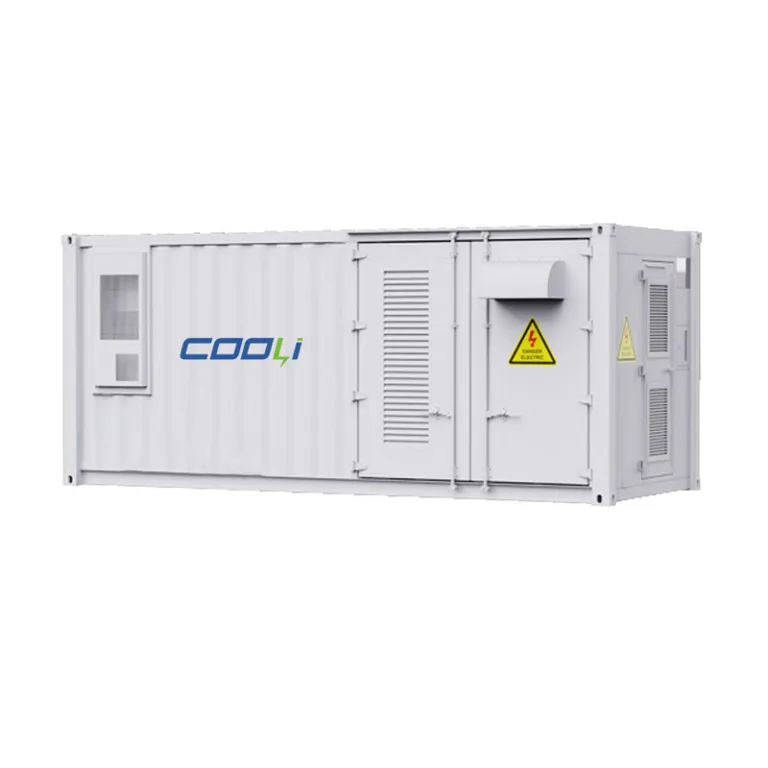
![[Guia 2025]Bateria Solar no Brasil: 72% de Economia + Luz 24h! 🔋 此图片的 alt 属性为空;文件名为 image-31-png.webp](https://coolithium.com/wp-content/uploads/2025/04/image-32.webp)
